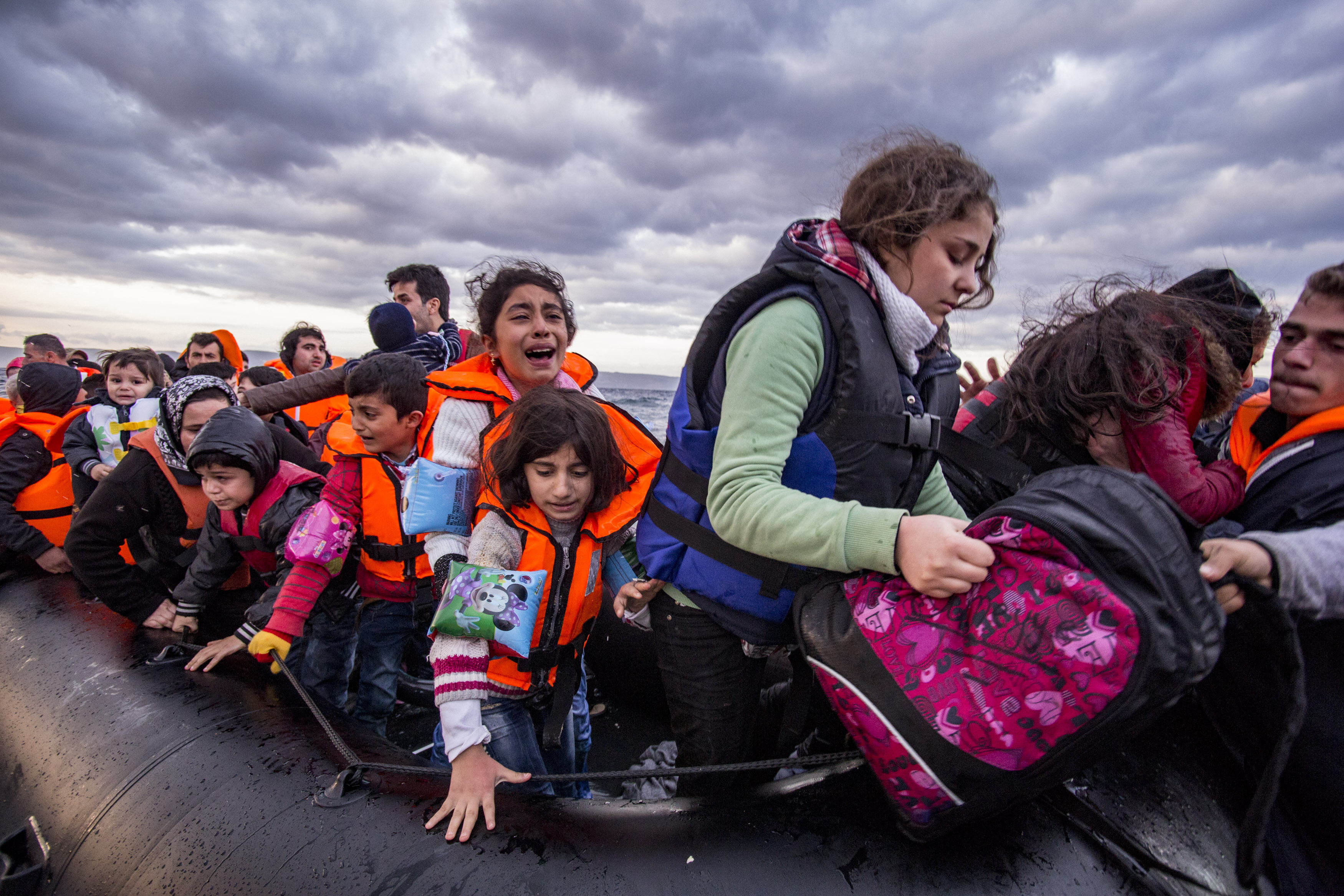The Geneva Convention recognises a right of asylum for refugees, but it doesn’t guarantee a right to be admitted into the territory: it guarantees that once you reach the territory of another State and if you apply for asylum, you have a right to due process. You have a right to an independent body to assess your right under your claims – but you don’t have a right to enter.
It’s why you see these boats in the Mediterranean Sea or along Australia or sometimes Canada not being welcome in the ports of the countries they want to reach; there is no obligation under international law to admit them. There is only an obligation to save human life if there is danger, but that’s the law of the sea. If that happens, then people are admitted, their situation is checked, etc. It is a very complex process.
Obviously, this regime is in crisis. It is in crisis because more and more people want to leave their country, and the first manner to resolve the crisis is perhaps to understand why they want to leave. Often, it’s because there are no rights, freedom of speech, freedom of thought. It’s a country where basic freedoms are not recognised for the individual. It’s a country where there is corruption. There is no opportunity for youth to develop their talent because of many factors that provoke and encourage migration.


